Benefits & Risks of Ice Baths: Cold Water Therapy

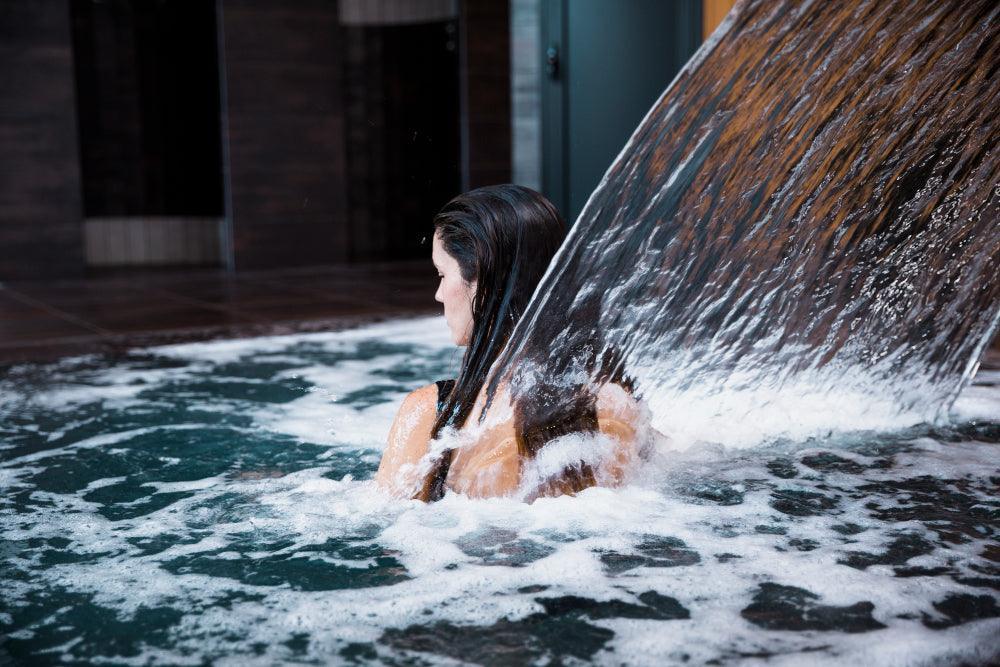
Related products
What is Cold Water Therapy?
Cold water therapy, also known as cryotherapy, involves the use of cold temperatures to treat various conditions and improve health. Ice baths, a form of this therapy, consist of immersing oneself in cold water, typically between 10°C to 15°C, for a short duration. This practice has been utilised for centuries across different cultures for its purported health benefits.
Historically, cold water immersion was used by the Romans, Greeks, and Scandinavians for hygienic and recovery purposes. In recent years, its popularity has surged within the wellness and athletic communities. Dr. Sarah Connors, a sports medicine specialist, notes, "Ice baths have become integral in modern sports training due to their effectiveness in speeding up recovery." This resurgence is attributed to increasing evidence supporting its benefits in muscle recovery and mental health.
This article aims to examine the benefits and risks associated with ice baths. Understanding both sides is crucial for individuals considering this therapy. The objective is to provide a comprehensive overview, supported by scientific evidence and expert opinions, to inform readers about the potential impacts of cold water therapy on health and wellbeing.
Understanding Ice Baths
An ice bath involves submerging the body, typically up to the neck, in cold water. This practice is believed to reduce muscle soreness, inflammation, and improve recovery after intense physical activity.
Typical Temperature Range and Duration for Cold Water Therapy
The recommended temperature for an ice bath is between 10°C and 15°C, with immersion times varying from 10 to 15 minutes. Dr. Emily Brooks, a rehabilitation expert, advises, "Exceeding 15 minutes can increase risks without additional benefits."
Common Practices and Variations
Variations include natural cold-water plunges in lakes or rivers and manufactured ice baths in tubs. Athletes may use these techniques differently, with some preferring post-exercise immersion and others integrating cold plunges into their regular wellness routines.
Benefits of Ice Baths
Physical Health Benefits
Reduced Muscle Soreness and Faster Recovery Post-exercise
Research indicates that ice baths can significantly reduce muscle soreness after exercise. A study in the "Journal of Physiotherapy" found that participants who used cold water immersion reported less soreness compared to those who did not.
Improved Circulation and Immune Response
Cold exposure has been shown to improve circulation by encouraging blood to move to core organs. Dr. Connors states, "This process can enhance the immune system's response by increasing white blood cell activity."
Enhanced Metabolic Rate and Potential Weight Loss Benefits
Exposure to cold can increase metabolic rate, as the body works harder to maintain its core temperature. This has been linked to increased calorie burning and, potentially, weight loss.
Mental Health Benefits
Increased Mental Clarity and Reduced Stress
Immersion in cold water has been reported to reduce stress levels and improve mental clarity. This is thought to be due to the reduction of cortisol, a stress hormone, and the increase in endorphins.
Enhanced Mood and Endorphin Release
Cold water triggers the release of endorphins, the body's natural painkillers, leading to a mood elevation. A study published in the "British Journal of Sports Medicine" found that regular cold showers can lead to improvements in mood and optimism.
Improvement in Sleep Patterns and Relaxation
Many users of ice baths report better sleep quality and increased relaxation. This could be linked to the body's thermal regulation post-immersion and the calming effect of endorphin release.
Longevity and Lifestyle Benefits
Potential Anti-aging Effects
The stress induced by cold water can activate the body's repair mechanisms, potentially leading to anti-aging effects, although more research is needed in this area.
Increased Discipline and Mental Fortitude
Regularly undertaking cold water therapy requires discipline and mental strength, which can benefit other areas of life.
Integration into Daily or Weekly Routines for Holistic Wellness
Incorporating ice baths into regular wellness routines can promote a holistic approach to health, combining physical and mental benefits.
Risks and Considerations of Ice Baths
Physical Risks
Hypothermia and Cold Shock Response
Immersion in cold water can lead to hypothermia, where the body temperature drops to dangerously low levels. Dr. Helen Carter, a medical researcher, warns, "Prolonged exposure to cold water without adequate preparation can induce hypothermia, leading to muscle weakness and confusion." Additionally, the initial shock of cold water can cause involuntary gasping, increasing the risk of drowning.
Cardiovascular Stress and Potential Risks for Individuals with Heart Conditions
Cold water can cause significant cardiovascular stress, leading to an increase in heart rate and blood pressure. This poses a risk, particularly for individuals with pre-existing heart conditions. Dr. Carter advises, "Individuals with cardiovascular issues should consult a doctor before considering ice baths."
Frostbite and Skin Conditions
Exposure to extreme cold can lead to frostbite, where skin and other tissues freeze. Moreover, individuals with certain skin conditions may experience exacerbations following cold water immersion.
Mental and Emotional Risks
Potential for Increased Anxiety or Stress
For some, the stress of cold water immersion can exacerbate anxiety or lead to panic attacks. It's crucial to be mindful of one's mental health state before undertaking ice baths.
Risk of Overexposure and Mental Fatigue
Repeated exposure to high stress situations like ice baths can lead to mental fatigue, diminishing the therapy's benefits and potentially leading to burnout.
Special Considerations
Medical Conditions that Contraindicate Ice Baths
Certain medical conditions, such as Reynaud's Syndrome or deep vein thrombosis, may contraindicate the use of ice baths. It's essential to have a clear medical history check before starting.
Importance of Gradual Adaptation to Cold Exposure
Gradual adaptation can help mitigate risks. Starting with shorter, less intense exposure and gradually increasing duration can help the body adapt more safely.
Recommendations for Supervised Sessions for Beginners
Novices should start their cold water immersion under supervision. Dr. Carter suggests, "Beginners should seek guidance from experienced practitioners to ensure safety during initial sessions."
Best Practices for Ice Baths
Guidelines for Safe Immersion
Safe immersion involves keeping the water temperature between 10°C and 15°C and limiting the duration to between 10 and 15 minutes. Frequency should be adjusted based on individual response and recovery times.
Tips for Beginners
Start with shorter durations and less cold temperatures, and gradually increase as tolerance develops. Monitoring physical and mental response is crucial to avoid overdoing it. Dr. Carter recommends, "Beginners should always have someone nearby when trying ice baths for the first few times."
Integrating Ice Baths with Other Recovery Methods
Combining ice baths with other recovery methods, such as contrast showers or gentle warm-up exercises, can enhance recovery and reduce the risks of cold exposure.
Personal Experiences and Case Studies
Many athletes report improved recovery and performance with regular ice bath routines. Case studies highlight the reduction in muscle soreness and improved training outcomes.
Individual testimonials provide insight into the diverse benefits and challenges of ice baths, highlighting personal strategies for integrating this therapy into various lifestyles.
Research and expert opinions underscore the importance of a balanced approach, recognising the benefits while being mindful of the risks associated with ice baths.
People Also Ask
Are there any risks to ice baths?
Yes, there are several risks associated with ice baths. These include hypothermia, where the body's core temperature drops to dangerously low levels; cold shock response, which can cause involuntary gasping and increase the risk of drowning; cardiovascular stress, especially in individuals with pre-existing heart conditions; and frostbite from excessive exposure to cold temperatures. Additionally, individuals with certain medical conditions, such as Reynaud's Syndrome or deep vein thrombosis, should avoid ice baths. It is also possible for ice baths to lead to mental stress or anxiety in some individuals.
What are the negatives of cold water therapy?
The negatives of cold water therapy include the potential for inducing hypothermia, especially if the body is exposed to cold temperatures for too long or without proper acclimation. Cold water therapy can also lead to a cold shock response, causing involuntary gasping and potentially leading to panic attacks or drowning. There is a risk of increased heart rate and blood pressure, posing dangers to those with cardiovascular problems. Additionally, repeated exposure to cold water without adequate recovery can lead to mental fatigue and reduced therapeutic benefits. Some individuals may also experience increased anxiety or stress levels due to the shock of cold exposure.
What are the disadvantages of cold water baths?
Disadvantages of cold water baths include the risk of hypothermia, particularly in vulnerable individuals or when baths are too long or too cold. There is also a risk of frostbite and skin conditions from prolonged exposure to cold temperatures. Cold water baths can induce significant cardiovascular stress, which is hazardous for people with heart conditions. Furthermore, they can cause discomfort, mental stress, or anxiety, particularly in those not accustomed to cold exposure. The shock and discomfort of cold water can also be off-putting, making it difficult for some people to incorporate this practice into their routine regularly.
Is ice cold water bath good for health?
Ice cold water baths can be good for health when used appropriately and within certain limits. They have been shown to help reduce muscle soreness and improve recovery times after intense physical activities, which can be beneficial for athletes and active individuals. Cold water immersion can also stimulate blood circulation, boost the immune system, and increase endorphin levels, leading to improved mood and well-being. However, the health benefits must be balanced against the potential risks, and ice cold water baths may not be suitable for everyone. It is important to consult with a healthcare professional before starting cold water therapy, especially for individuals with existing health conditions or concerns.
Conclusion
In conclusion, ice baths and cold water therapy present a complex blend of benefits and risks. While they have been shown to aid in muscle recovery, enhance mental clarity, and potentially contribute to improved overall wellbeing, they are not without their drawbacks. The risks associated with ice baths, such as hypothermia, cardiovascular stress, and potential exacerbation of certain medical conditions, underscore the importance of approaching this therapy with caution and informed understanding.
The negatives of cold water therapy, including the potential for increased stress and anxiety in some individuals, the risk of overexposure leading to mental fatigue, and specific adverse physical reactions, must be weighed against the potential benefits. These disadvantages highlight the need for individual assessment and gradual acclimatisation to cold exposure.
While ice cold water baths can offer health benefits, particularly for recovery and mental health, they are not universally suitable. Their efficacy and safety can vary greatly depending on individual health status, existing medical conditions, and personal tolerance to cold.
Ultimately, the decision to incorporate ice baths or cold water therapy into one's routine should be made with careful consideration and preferably under the guidance of a healthcare professional. By understanding both the positive aspects and the limitations, individuals can make informed decisions tailored to their unique health profiles and wellness goals. Consulting with a medical professional before starting cold water therapy is essential to ensure it aligns with one's health needs and lifestyle, thereby maximising potential benefits while minimising risks.



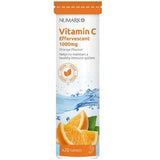
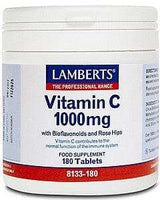









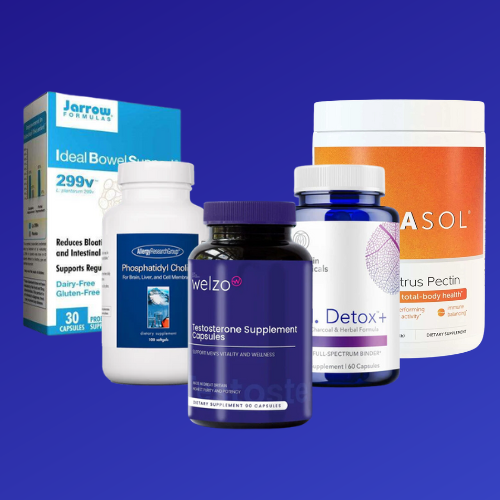
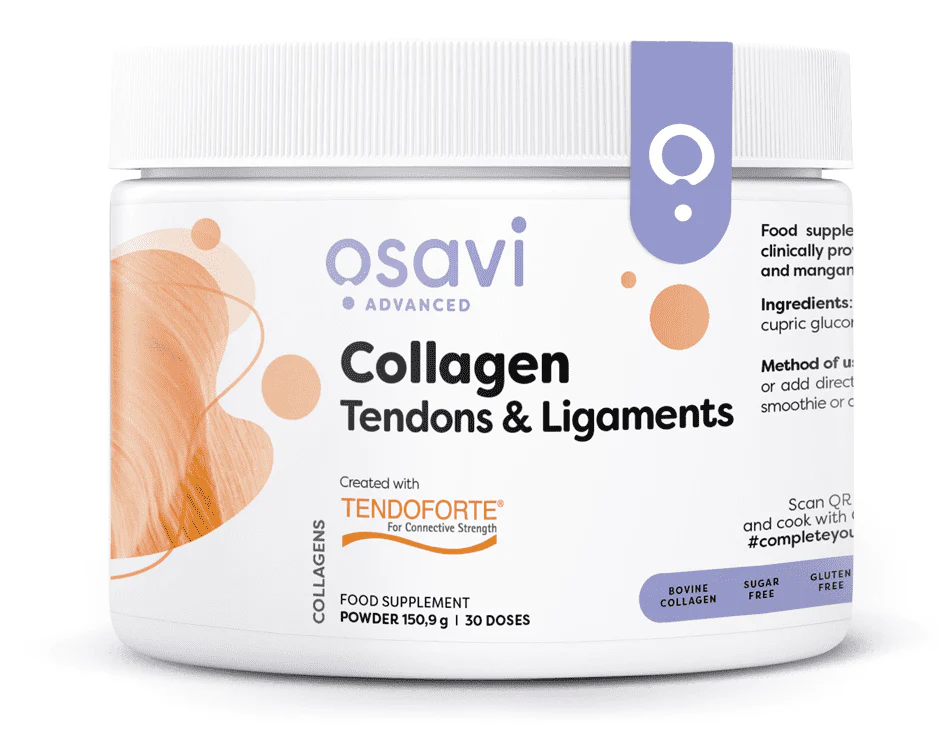

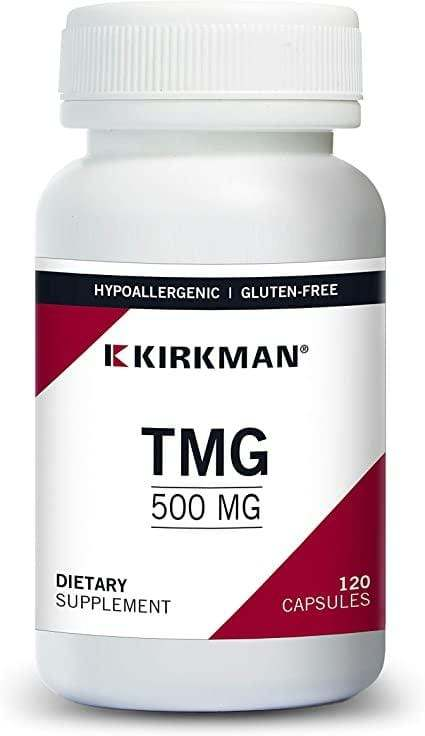

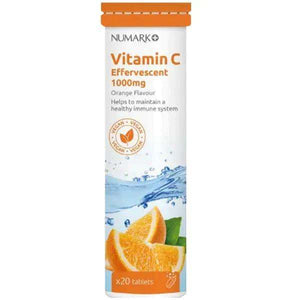
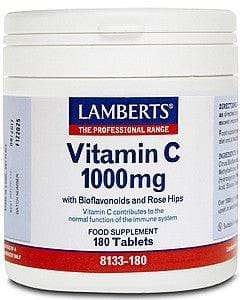
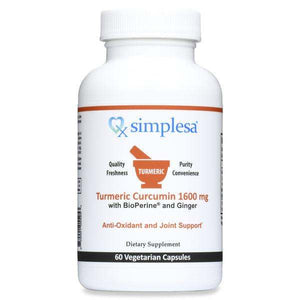









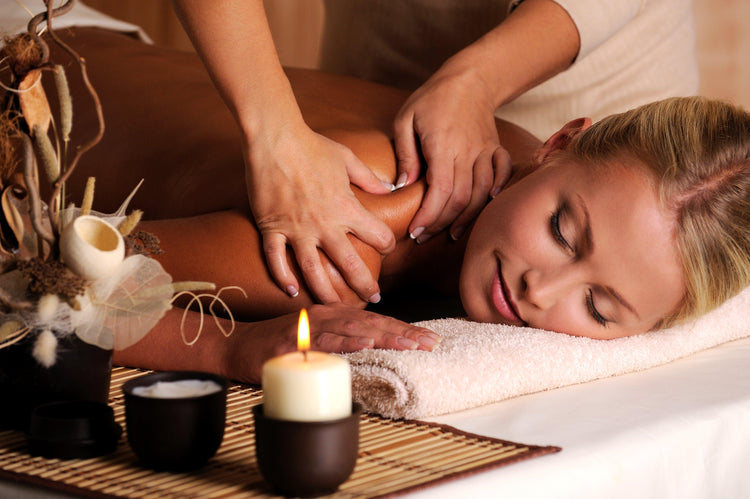

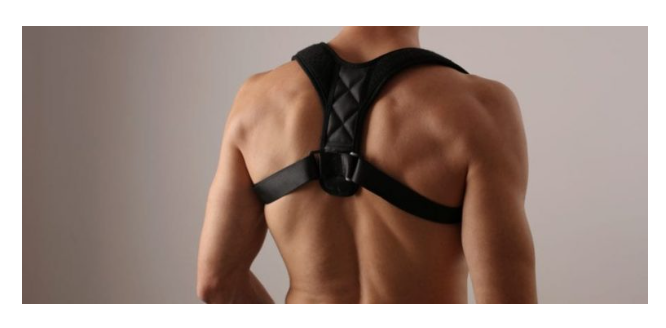


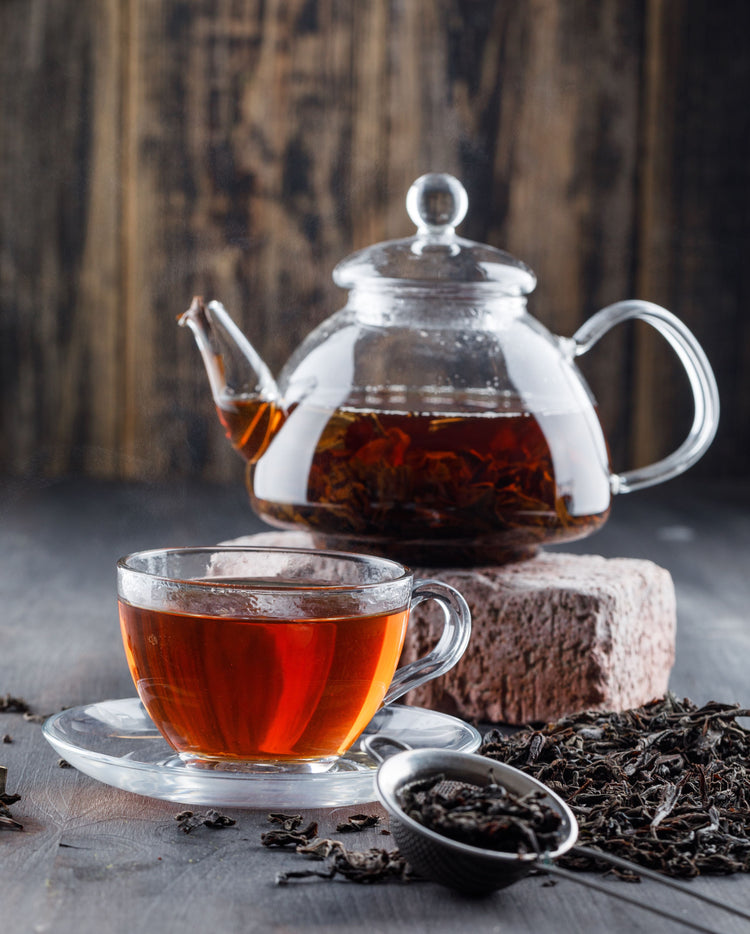
 Rated Excellent by 26,523+ Reviews
Rated Excellent by 26,523+ Reviews